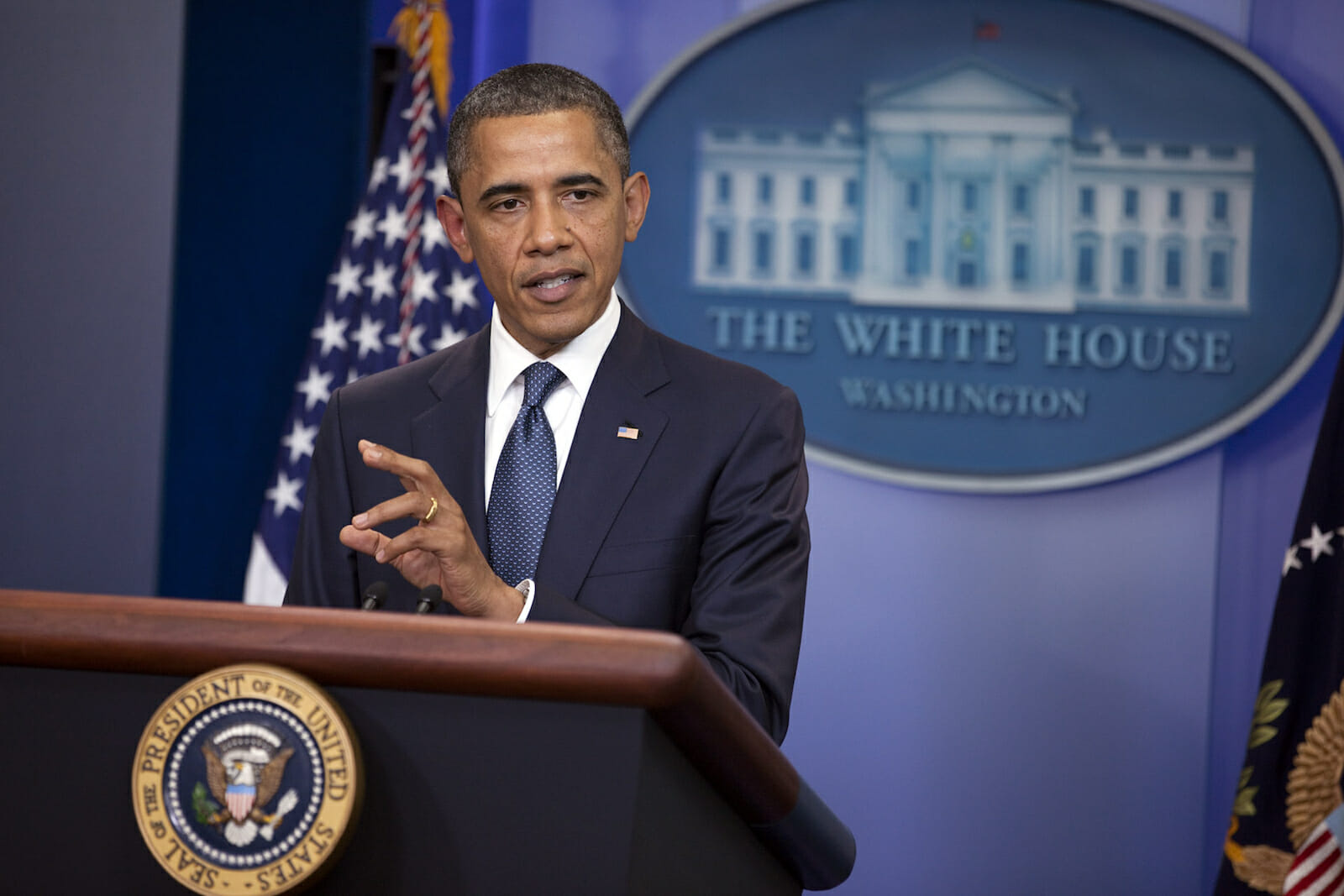
Politics
2014 Congressional Elections will Decide Immigration Reform
Immigration has been one of the most highly debated issues in Congress during both of President Obama’s terms and Washington has yet to reach an agreement that appeases both parties. Last summer, the US Congress saw many changes regarding immigration reform. In 2013, the Senate passed the Border Security, Economic Opportunity, and Immigration Modernization Act, which was an attempt to appease both Democrats and Republicans.
Essentially, the bill made it easier for undocumented immigrants living in the United States to gain legal status and eventually citizenship. This includes a merits-based immigration system that awards illegal immigrants based on their work and family history here in the U.S. and a more extensive use of e-Verify by businesses to ensure the immigration status of their workers. The bill would also make the border more secure by adding up to 40,000 border patrol agents.
Both of these developments eased the tension between the political parties for a time, but with the election season in full swing, new friction is brewing. As both the Senate and the House of Representatives have yet to come to an agreement on the reforms, and since President Obama has yet to sign these Acts into official law, the election of the new Congress of 2015 could nullify any changes made towards immigration reform.
While the existing bill is waiting to be sanctioned into law, House Speaker John Boehner and many other Republicans are working on an anti-immigration agenda that would counteract the progress made during Obama’s two terms.
In an effort to postpone the ugly debate between the political parties, President Obama decided to defer any unilateral ruling on the subject until after the upcoming elections in order to prevent immigration reform from becoming a Republican slogan during the upcoming Congressional elections.
However, this decision is causing a rift between the political parties. Republicans feel slighted and see this delay as a direct abuse of presidential authority, while Democrats believe that circumventing the reform issues is the only way to keep rulings fair among the political parties.
Technically, President Obama is well within his executive power rights to defer any action on the upcoming immigration reforms and to maintain his authority when it comes to existing immigration law. His Deferred Action for Childhood Arrivals act passed in 2012 gives the president full authority in deciding which undocumented and illegal immigrants should be deported. Along with this authority, the president is also justified in choosing when changes to the existing laws can be made
Congress itself agreed to Obama’s 2012 reform and sanctioned his power to stall any unilateral rulings on new immigration laws, but the anti-immigration agenda pushed by Republicans would remove many of the agency positions put in place by Obama. Their new law, Immigration Compliance Enforcement (ICE), is motivated by the stance that immigrants seize jobs and career paths that are intended for American citizens. And while this stance is unfounded, the Republicans’ reforms fail to offer any more funding for border protection or swift and simple access to legal citizenship. Rather, they criticize President Obama for being too liberal and accommodating with his present immigration laws.
On the other hand, the Democrats aim to pass a reform bill that not only includes a more straightforward path to legal citizenship but also funds more border agents, strengthens the border fence and patrols, and requires new verification of legal citizenship. In this light, the President’s goal of deporting felons and criminals takes precedent over the deportation of young children from the country’s borders while preserving the Republican need for stricter border patrols. Democrats remain strong in their argument that this bill does not provide amnesty to illegal immigrants but rather protects hard-working individuals and their children from succumbing to biased and unfair immigrant laws.
While this ongoing debate between Congress’ partisans will be decided during the November elections, Republicans appear to be rallying for a majority of the votes. The public opinion on immigration reform is up in the air, but the anti-immigration groups are growing more and more vocal as elections approach.
According to the US News & World Report, these anti-immigration activists are more likely to vote and inspire like-minded individuals to vote more than their pro-immigration counterparts. Even some elected Democrats are distancing themselves from immigration reform in order to avoid the negative atmosphere that may sway voters away from their campaigns.
Only the November elections will decide where immigration reform will end up. If anti-immigration groups vote more than the other side, reform may be on the chopping block when the new Congress is sworn in 2016. Or, according to many political writers, the reform bills will continue to remain stagnant in the new Congress.
A stalled bill is especially true if President Obama continues to delay the final vote on reform in the House and the Senate. Ideally, if the Republicans can pass a bill that caters to immigrants by offering a clear-cut path to legal citizenship while still maintaining proper border protections, they’ll be able to sway Democrats over to their side of the debate.
Voting this year will be the only way to ensure that the public’s opinion is heard and accounted for during this election. Immigration reform will continue to remain an important political topic and will be debated between presidential and congressional candidates throughout the year. Although the challenge lies between simplifying the naturalization process while still protecting US citizens and the US borders, the only way to solve the issue is to vote.

